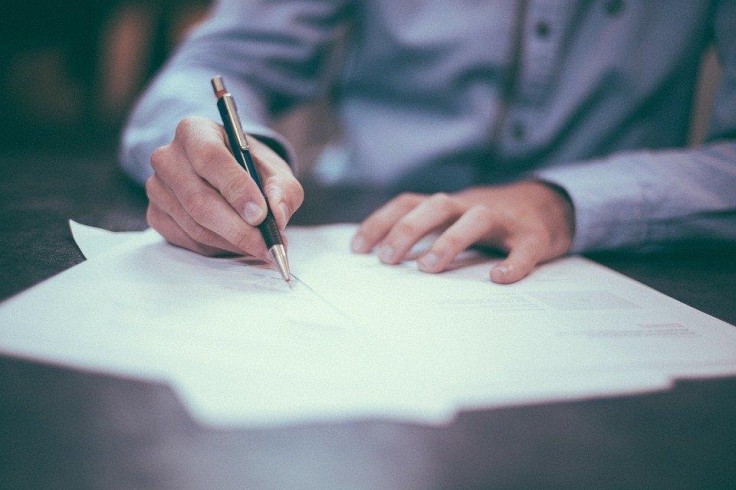
After you are hurt in a personal injury, there will be an involved process that you will need to undertake before you can get the money that you rightfully deserve. In many instances, you and your personal injury attorney may be able to reach a settlement agreement without needing to file a lawsuit, but in other cases you may need to file a formal lawsuit and rely on the courts to help you reach a resolution. However, keep in mind that filing a lawsuit does not mean that you will need to go to trial; the reality is that very few personal injury cases go to trial, whether or not there is a formal motion filed, and whether or not you begin the trial preparation process.
Regardless of the likelihood that your lawsuit will actually see a trial or not, you need a lawyer starting well before when you decide to file a lawsuit. In fact, you will benefit from working with an attorney before even filing a claim with the insurance company. Finding a lawyer immediately after being injured can be overwhelming, which is why using a referral service like 1800-injured.com can give you a major advantage in those early days.
Here are a few things that you can expect once you have filed a lawsuit, all of which your attorney will be able to guide you through with clarity and confidence.
First Steps After Filing a Lawsuit
Once you officially file your lawsuit with the courts, the defendant will be issued a summons that they will have 21 days to respond to. The summons will include the complaint, the remedy that you are seeking, and a variety of other information about the lawsuit, and how the defendant is involved. Once they have responded, you will enter the next phase, a very hands-on step knows as Discovery.
Discovery
The discovery phase of your lawsuit will be highly involved, and likely requires submitting to a medical exam to prove your injuries, undergoing a deposition to submit a sworn testimony, and both providing and requesting a lot of information from the other party. There will likely be a lot of new information that you learn in this period since during your initial, pre-lawsuit negotiations there was no need to exchange as much specific information as you are now.
Motions and Negotaitions
Once all of the information has been revealed, the following two steps are in direct response to the discovery process and what each party has learned. In some instances, one party may file to have the lawsuit dismissed given the new information, but in all other cases each party will then attempt to negotiate. It is not uncommon for a previously-unwilling defendant to become more amenable to negotiations once they see all of the evidence compiled.
Trial
If you are unable to reach a negotiation agreement, then a trial date will be set and you will have your day in court to make your argument. People often like to avoid trials for a variety of reasons, namely because it puts all of the power into the hands of a disinterested third party. The judge or jury hearing the case will take all of the information into account, as well as the remedy that the victim is seeking, and will then make a final decision.
Decision and Appeals
Once a judge or jury submits their decision, the ruling is binding. If, however, you believe that you received an unreasonable verdict, that there was an error in the legal process, or you believe that you are the victim of a miscarriage of justice, then you can file an appeal. You must act quickly if you wish to file an appeal because you only have 10 days to do so. You and your lawyer will need to make some significant decisions before taking this next step, as you will need to essentially prepare for a new trial, this time focused on the initial trial instead of the personal injury.